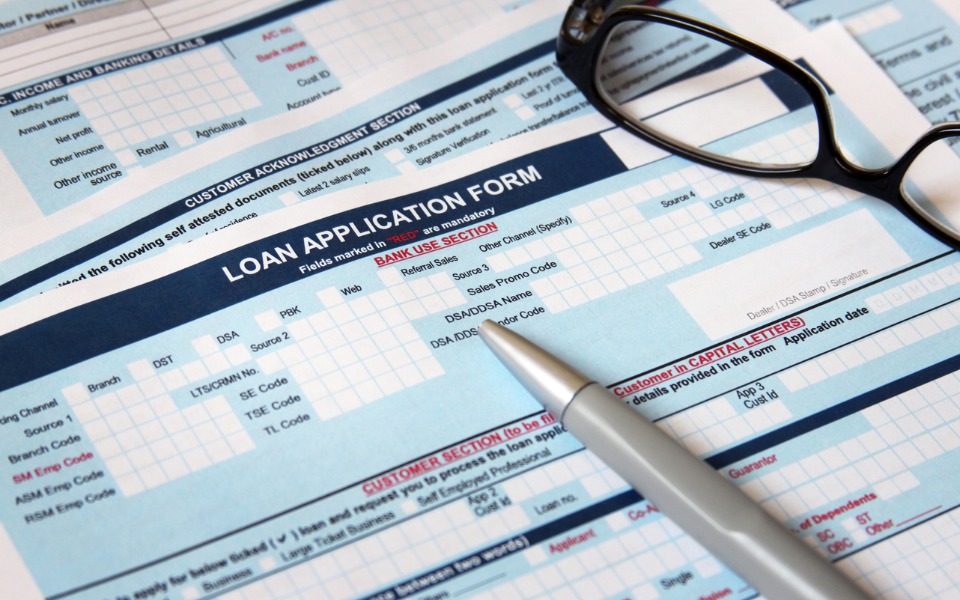
Six banks hike repo-linked home loan interest rates following RBI move

The Reserve Bank of India (RBI) in a surprise move last week had hiked repo rate by 40 basis point to 4.40 per cent with immediate effect. Now, many banks have started hiking interest rates of loans linked to the repo rate.
Six banks have hiked their repo rate linked loan interest rates and apart from ICICI Bank the rest are all public sector banks. They are Punjab National Bank, Bank of Baroda, Union Bank of India, Canara Bank and Bank of India.
In general terms, a repo rate hike makes borrowing costlier and savings more attractive. The changes in policy repo rate make a significant impact on both lending and deposits interest rates.
Also read: Repo rate hike: Right move by the RBI
ICICI Bank changed its external benchmark lending rate on the same day, May 4, when RBI hiked the repo rate. It said on its website: “ICICI Bank External Benchmark Lending Rate is referenced to RBI policy repo rate with a mark-up over repo rate. It is 8.10 per cent p.a.p.m., effective May 4, 2022.”
The Punjab National Bank increased its repo-linked lending rate (RLLR) by 40 basis points. On its website, PNB said, “the RLLR has been changed from 6.50 per cent to 6.90 per cent w.e.f. June 1, 2022, for existing customers. For new customers, the revised RLLR will be effective from May 7, 2022.”
Similarly, the Bank of Baroda hiked RLLR for retail loans to 6.90 per cent with effect from May 5, 2022. According to the Canara Bank website, the RLLR of the bank now stands at 7.30 per cent with effect from May 7, 2022.
While the Union Bank of India raised its RLLR to 6.80 per cent, the Bank of India website said that the effective rate is 7.25 per cent effective May 4, 2022.
Revised MCLR rates
Earlier, many banks had revised the marginal-cost-based lending rate (MCLR) in the past one month.
While HDFC Bank raised its MCLR by 25 basis points effective May 7, the State Bank of India (SBI) announced a 10-basis-point increase in MCLR on loans effective April 15, 2022.
Also read: RBI raises repo rate to 4.4%; Sensex and Nifty tank
According to the HDFC Bank website, the overnight MCLR is now 7.15 per cent, up from 6.9 per cent previously. Similarly, its one-year MCLR and two-year MCLR are now 7.50 per cent and 7.60 per cent, respectively. The three-year MCLR is 7.70 per cent.
According to the SBI website, the overnight, one-month, three-month, and six-month MCLR rates have all been raised by 10 basis points to 6.75 per cent, 6.75 per cent, 6.75 per cent, and 7.05 per cent, respectively. MCLR for one year stands at 7.10 per cent, two years at 7.30 per cent and three years at 7.40 per cent.
As per the PNB website, the overnight, one month, three months and six months MCLR effective May 1 are 6.60 per cent, 6.65 per cent, 6.75 per cent and 6.95 per cent, respectively. Its one-year MCLR is 7.25 per cent and three-year MCLR is 7.55 per cent.
At the Bank of Baroda, the overnight, one month, three months and six months MCLR is now 6.60 per cent, 7.05 per cent, 7.10 per cent and 7.20 per cent, respectively. Similarly, its one-year MCLR is 7.25 per cent and the three-year MCLR is 7.70 per cent.
The Yes Bank increased MCLR by 10-15 basis points across all loan tenors, effective May 2. The overnight, one month, three months and six months MCLR is now 6.85 per cent, 7.30 per cent, 7.45 per cent and 8.25 per cent, respectively. Its one-year MCLR is 8.60 per cent.
According to the Axis Bank website, MCLR rates across tenors have been raised by 5 basis points, effective April 18. The overnight, one-month, three-month, and six-month MCLR rates have all been raised by 0.05 percent to 7.15 per cent, 7.15 per cent, 7.25 per cent, and 7.30 per cent, respectively. MCLR for one year stands at 7.35 per cent, two years at 7.45 per cent and three years at 7.50 per cent.
Also read: Investor wealth tumbles Rs 6.27 lakh-cr as markets crash after RBI surprise

